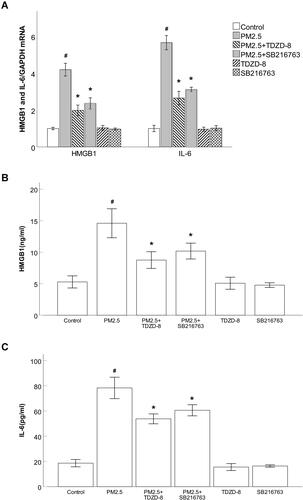Figures & data
Figure 1 PM2.5 induced inflammatory changes and reduced the expression of p-GSK-3β in the lungs of mice.
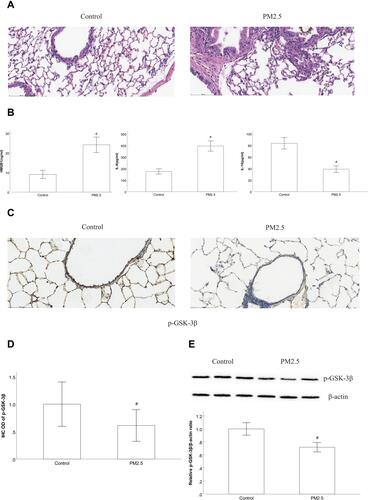
Figure 2 Effect of PM2.5 on HBEC viability.
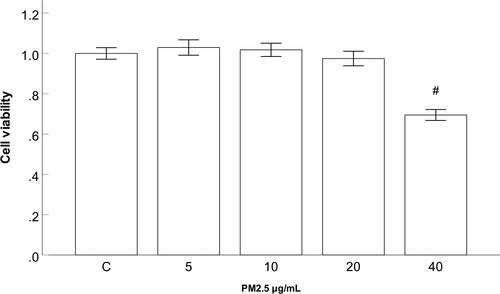
Figure 3 PM2.5 reduced the expression of p-GSK-3β in HBECs.
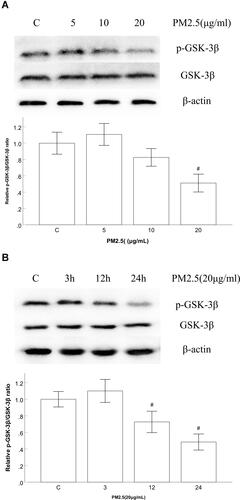
Figure 4 GSK-3β inhibitors increased the expression of p-GSK-3β in HBECs.
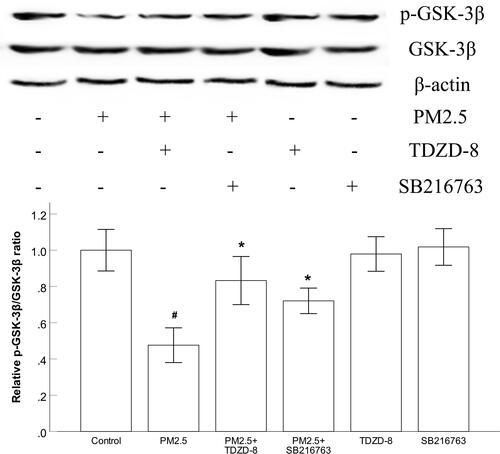
Figure 5 GSK-3β inhibitors alleviated PM2.5-activated JNK pathways in HBECs.
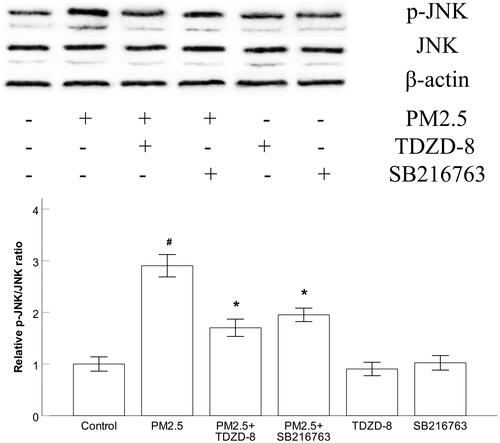
Figure 6 GSK-3β inhibitors and JNK inhibitors suppressed PM2.5-induced NF-κB activation and IkBα degradation in HBECs.

Figure 7 GSK-3β inhibitors blocked PM2.5-induced inflammatory responses in HBECs.
